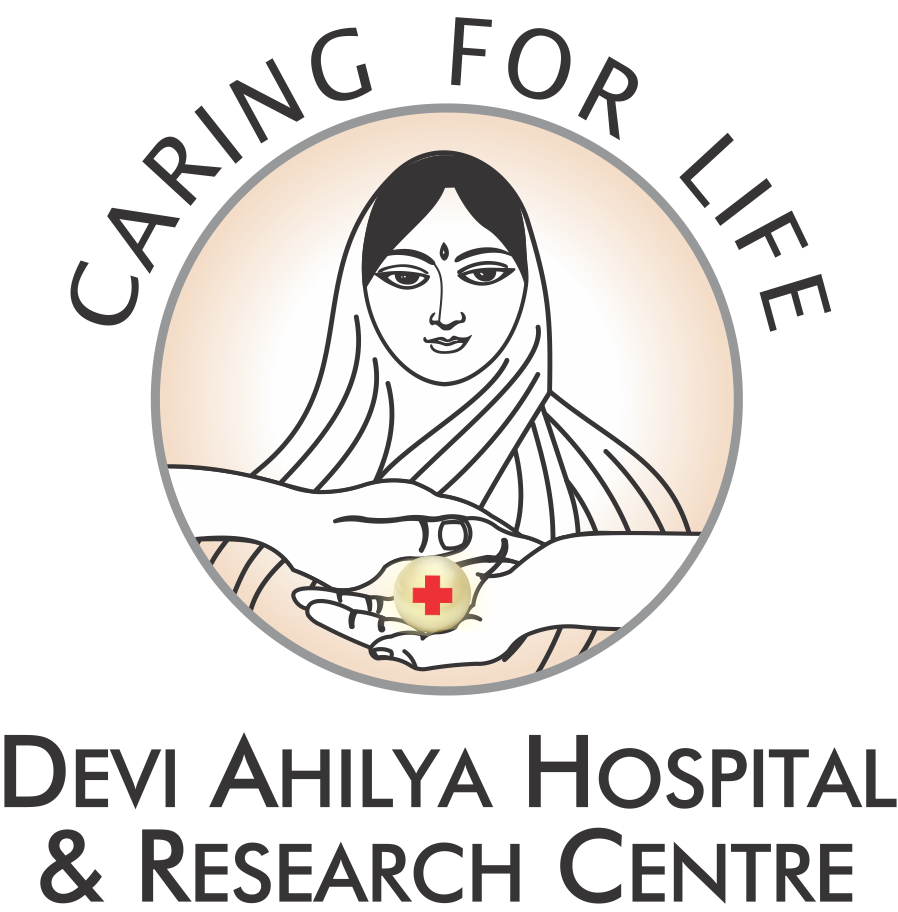Nutrition’s
Everyone has a doctor inside, called natural healing force. We just have to help it in its work. The Raw Vegan Diet for Cancer Treatment should be our medicine." – Hippocrates
The Raw Vegan Diet for Cancer Treatment plays a vital role in both preventing and managing illness. Nutrition is not just about eating; it’s a powerful tool that supports the body’s natural ability to heal itself. Proper nutrition helps restore balance and ensures that all biological systems function optimally. When the body lacks essential nutrients, enzymes, minerals, electrolytes, and bio-electrical energy, disease can develop. Therefore, a well-designed diet, especially one based on raw plant-based foods, acts as a natural medicine and forms the foundation for health restoration.
At Devi Ahilya Cancer Hospital, we have integrated the Raw Vegan Diet for Cancer Treatment into our holistic cancer care protocol. This specialized diet supplies the body with all vital components necessary to maintain homeostasis — the stable internal environment essential for healthy biological functions. Our diet protocol emphasizes fresh, raw, and nutrient-dense plant foods that directly contribute to this balance and promote natural healing from within.
Scientific research has consistently shown that raw vegetarian diets offer superior levels of essential nutrients and enzymes compared to cooked or processed foods. These nutrients support immune function, detoxification, and cellular repair. Our diet protocol is based on the DIP Diet, formulated by the world-renowned Dr. Bishwroop Roy Chowdhury. This diet is carefully combined with our exclusive Electro Homeopathic treatment to provide a comprehensive approach. Together, they work synergistically to combat cancer by strengthening the body’s natural healing force and addressing the disease from inside and out.


